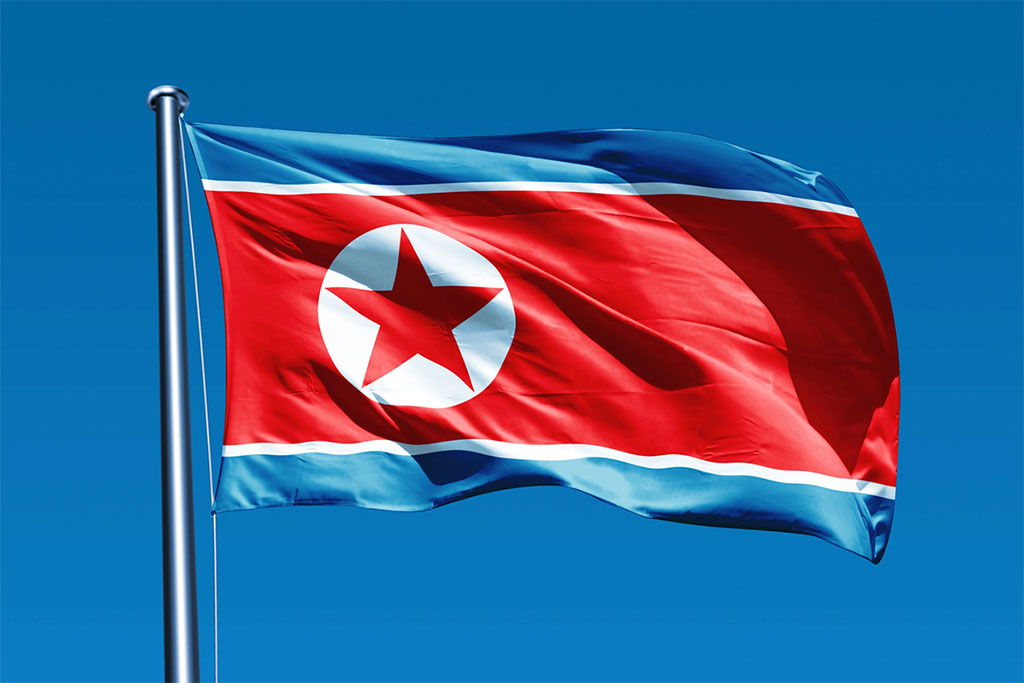Coinspeaker
North Korea’s Cyberattacks Generate 50% of Foreign Currency Revenue, UN Report Warns
North Korea relies on “malicious” cyberactivities to generate substantial foreign currency revenue to fund its weapons of mass destruction (WMD) programs. A recent United Nations Security Council (UNSC) report revealed that an estimated 50% of the regime’s foreign currency gains stem from cyberattacks, including hacks targeting cryptocurrency firms.
“The malicious cyberactivities of the Democratic People’s Republic of Korea (DPRK) generate approximately 50 percent of its foreign currency income and are used to fund its weapons programs,” the panel said.
A substantial portion, approximately 40%, of North Korea’s weapons of mass destruction initiatives receive funding through illicit cyber activities, according to estimates from member states quoted in the report.
“40 percent of the weapons of mass destruction programs of the DPRK are funded by illicit cybermeans,” the report said.
The report aligns with the United States views on North Korea regarding illicit activities. A high-ranking official from President Biden‘s team disclosed in June 2023 that cybercrimes likely provide half of North Korea’s foreign money. Such illicit activity not only compromises global cybersecurity but also directly facilitates the proliferation of Weapons of Mass Destruction.
North Korea’s Cyberattacks Cost $3 Billion
The report meticulously details 58 suspected cyber assaults on crypto entities from 2017 to 2023, incurring losses approximating US$3 billion. Furthermore, the panel is inquiring about 17 cryptocurrency heists in 2023 alone, potentially attributable to North Korea, with a staggering value surpassing $750 million.
“One cybercompany branded the DPRK the world’s most prolific cyber-thief,” the report said.
Furthermore, the committee emphasized that North Korea, by disregarding UNSC sanctions, has intensified its nuclear and missile programs three times. This highlights the direct connection between stolen digital currency and the advancement of destructive weaponry on a massive scale.
The report also highlighted worries regarding North Korea expanding its targets for cyberattacks. Reports indicate defense firms are now prime targets, with hacker groups tied to the Reconnaissance General Bureau joining forces. They share resources, coordinating assaults through common infrastructure and tools.
The UN’s Ongoing Scrutiny
The UN report’s findings could prompt further sanctions on North Korea. While the report itself doesn’t hold legal weight, the UN Security Council and member states might use it as justification for imposing additional sanctions on entities or individuals linked to these cyberattacks.
Furthermore, the UN is investigating the possibility of North Korea supplying weapons to Hamas, a Palestinian militant group. Israel claims to have uncovered dozens of North Korean-made missiles and anti-tank weapons in Hamas’ possession. North Korea, however, denies these allegations.
The UN report comes amidst ongoing concerns about North Korea’s nuclear program. The country reportedly launched at least seven ballistic missiles in the first six months of 2024. Additionally, Japan’s introduction of a new “tactical nuclear attack submarine” adds another layer of complexity to the regional security landscape.
North Korea’s Cyberattacks Generate 50% of Foreign Currency Revenue, UN Report Warns





